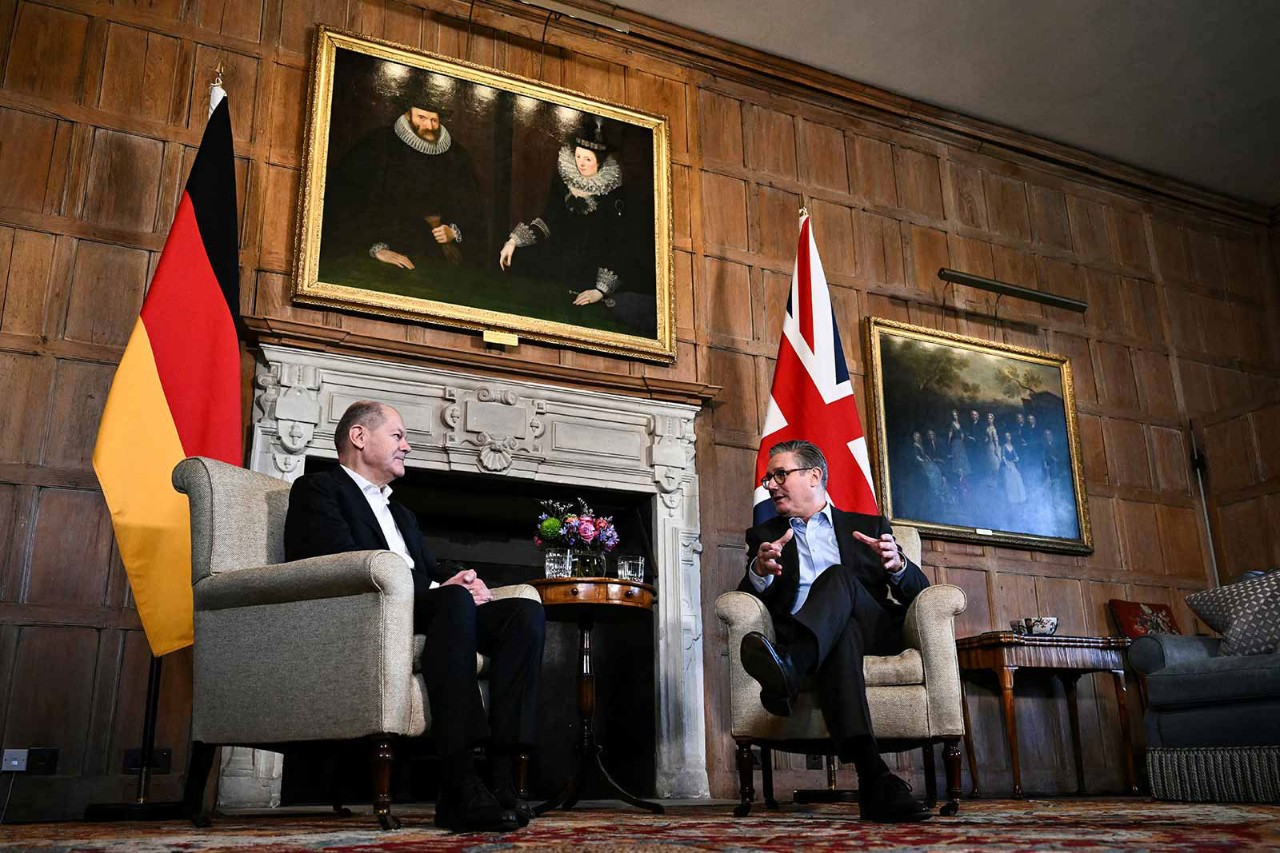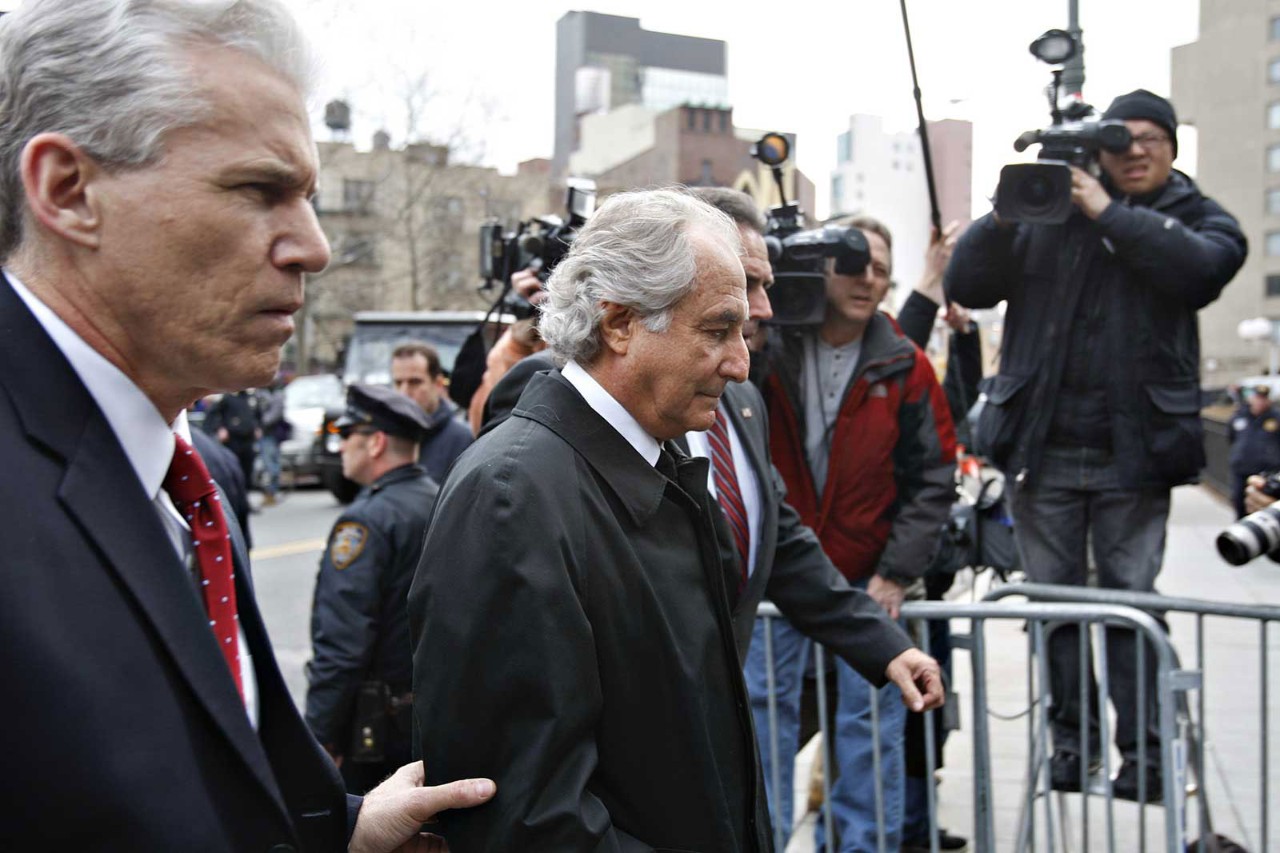
It might be unexpected coming from a CFO, but Meliha Duymaz FCCA believes finance is an art. In charge of finance at the UK arm of Swedish construction giant Skanska, Duymaz is reflecting on the role of finance in the process of bidding for multimillion pound construction and infrastructure projects that set down new roads and railway lines, erect bridges or raise landmark buildings.
‘If you asked me 20 years ago, I would have definitely said it was science,’ says Duymaz. ‘As you get older, gain more experience and become more senior, you realise it’s absolutely an art.
‘The connection for me is about being meaningful and having an impact on people’s lives’
‘It’s really about exploring different angles and finding the right answer for the right circumstance and right time. I think that’s why I love the job, in a way – because it is an art.’
Winning the kind of contracts Skanska specialises in is a complex process with many moving parts. Recent projects range from the striking Outernet immersive video space in central London, contributing to the construction and design of the HS2 high-speed rail network, and the less glamorous but eminently functional improvement scheme at Junction 19 of the M1. Skanska also runs large-scale facilities management contracts to add to its mix of infrastructure, commercial buildings and ground engineering.
Steeped in infrastructure
Duymaz oversees all aspects of finance, drawing on her extensive expertise. She has been with Skanska UK for just over two years but she was already steeped in infrastructure work. Her arrival came after a decade with Network Rail, which included time as both MD and a regional FD: ‘I fell in love with rail and transport’.
Before that, she had a six-year spell with Serco, the outsourcing provider, which involved working on Docklands Light Railway during the preparations for the London 2012 Summer Olympics. And, prior to that, there was a sojourn in public relations where Duymaz also gained the ACCA qualification.
‘There is a lot of pride in being part of infrastructure – I’ve been lucky to be involved in amazing projects’
All this after she arrived in the UK aged, 23, looking for career experience, from Turkey, where she had trained as an auditor. It was in the big rail, transport and infrastructure projects, however, that Duymaz found her calling.
‘The connection for me is about being meaningful and having an impact on people’s lives and society as a whole,’ she says. ‘There is a lot of pride in being part of infrastructure because I’ve been lucky to be involved in so many amazing projects.’
In the pipeline
The bigger question is whether there will be more big projects and how many. Skanska is operating in an economy that has been sluggish, at best, for a decade. If the new Labour government’s investment plans go ahead, Duymaz sees benefits for the economy and the construction sector. But much will depend on what the UK government’s comprehensive spending review reveals later this year.
In the meantime, Duymaz has just helped Skanska survey the economic landscape for the next three years, revealing a high degree of uncertainty. The business, she says, cannot ‘just wait and see’, and has been drawing up plans, depending on the outcome.
‘If the government says, here are all these extra works, we can scale up’

‘We are ready,’ Duymaz says. ‘If the government says, here are all these extra works, and there are going to be more, we can scale up. But if they say we’re going to slow things down, we will need to be agile enough to respond.’
Strong culture
One way the CFO helps with managing the company’s risk is by upholding the company’s commercial strategy, captured in the principle of profit before volume. This ensures the company takes bids seriously and doesn’t chase revenue at the expense of sacrificing profit, which in turn safeguards stable margins.
‘A lot of effort is made in ensuring that this mindset is embedded in the organisation. We make sure we are very selective with the bids we go for because we need to make sure we have the right risks-and-reward profile,’ Duymaz says, adding that a crucial part of this is working closely with the bid and commercial teams: ‘You put all those brains together and look at the proposal from all the angles. Without that, you’re never going to have a successful outcome.’
As teams work closely together, so must individuals. For Duymaz, the key relationship is with Skanska UK CEO Katy Dowding, the pair forming perhaps the only female CEO and CFO team in the UK construction industry.
The posts being occupied by women is ‘hugely important’, says Duymaz who immediately mentions the 27% of Skanska jobs being held by females, beating the global construction industry average of 10% to 13%. ‘We are definitely ahead of the game.’
Sustainability agenda
Likewise, Duymaz makes much of Skanska’s approach to sustainability, which she describes as a ‘huge differentiator.’ Between 2015 and 2023, the business had cut scope 1 and 2 emissions by 60%. ‘It was one of the reasons I was attracted to Skanska – the sustainability leadership and being a very values-driven organisation,’ she says.
‘The more we are out there, the greater impact and influence we have’
And, as the sustainability agenda advances, so too will the technology available to finance, including artificial intelligence, which Duymaz also sees as a welcome development.
‘There’s a traditional concept of finance people behind their desks tapping away,’ she says. ‘But the more we are out there with the clients, the supply chains, and the operational and commercial teams, the greater impact and influence we have.’



